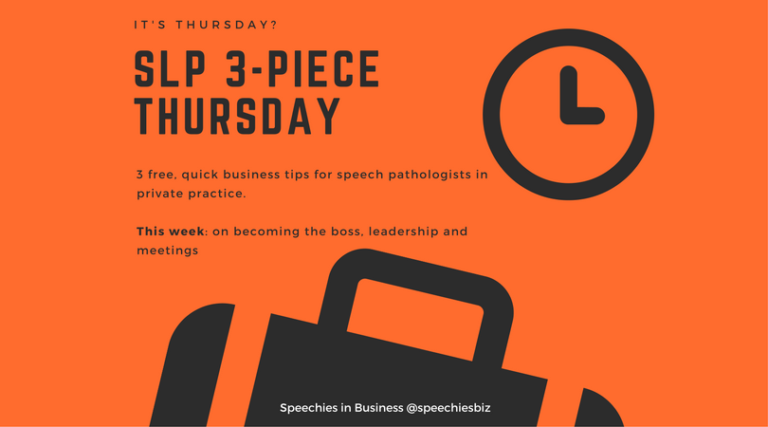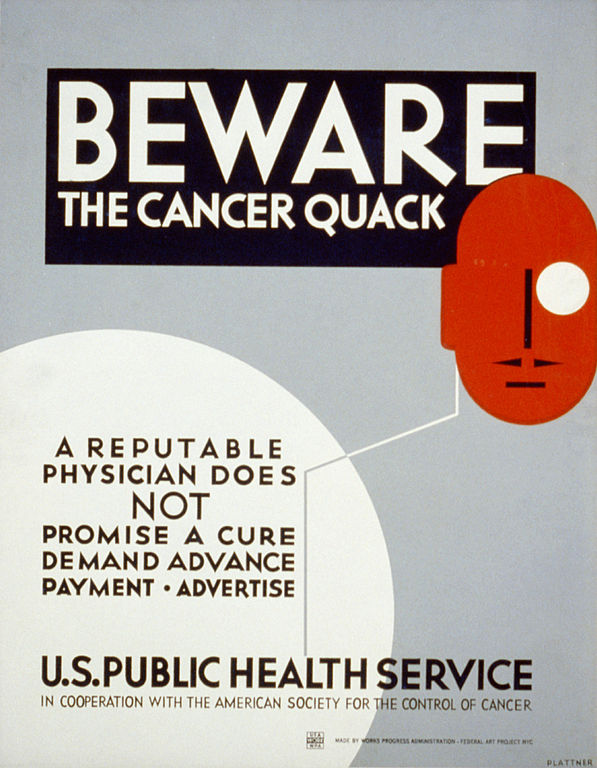Australian speech pathologists and new graduates: ethical alternatives to dodgy independent contracting arrangements
For private speech pathologists hiring new graduates, independent contracting arrangements are arguably unethical and undeniably risky. But, sometimes, hiring new graduates as full-time employees isn’t feasible. Maybe workflows are too uneven or insufficient to warrant a full-time hire. And, often, new graduates want flexible arrangements, e.g. to work for a couple of different speech pathologists to get experience in different areas and/or for family reasons.
So what’s the alternative to putting new graduates on dodgy independent contracting arrangements? We count two:
1. If hours of work are reasonably predictable, hire new graduates as permanent part-time employees
Part-time employment is defined in clause 10.1 of the Health Professionals and Support Services Award 2020 (Award). Part-time employees are employees who:
- work less than 38 hours per week on average; and
- have reasonably predictable hours of work.
Before a new part-time employee starts work, the employer and employee need to agree in writing on a regular pattern of work, including:
- the number of hours to be worked each week; and
- the days of the week the employee will work; and
- the starting and finishing times each day.
Employees and employers can be flexible when agreeing these arrangements. For example, it’s possible for the employee and employee to agree:
- different working days and different start and finishing times on alternate weeks, e.g. working Monday and Thursday every first week for the whole day each day, and Tuesday, Wednesday, Thursday for half days every second week; and
- to change the details as time passes and circumstances change. Again, any agreement to change the hours, days and/or starting/finishing times must be in writing signed by both parties.
Wages cannot be less than the Award rates on a pro-rata basis. So, for example, if a part-time employee works 19 hours a week, they must be paid at least half the amount of a full-time employee at Award rates (ordinary hours for full-time employees are 38 hours).
2. If hours of work are not predictable, hire new graduates as casual employees
Clause 11 of the Award deals with casual employment. Casual employees are engaged on an hourly basis, and can work up to and including 38 hours per week. Hourly wages are calculated as at least:
- the minimum hourly rate applicable to the employee’s classification and pay point in which they are employed; plus
- “loading” to compensate for the fact that casual employees are not entitled to many of the paid leave entitlements of full-time employees, calculated as:
-
- (Monday to Friday) a loading of 25% of the minimum hourly rate; or
- (Saturday and Sunday) a loading of 75% of the minimum hourly rate (see clause 25.1(b) of the Award).
For casual speech pathologist employees:
- each shift (or “engagement”) is treated as a separate contract of employment; and
- the minimum length of a shift is three hours.
As workflows even out, the relationship develops and/or as the graduate builds a case load, employees and employers may find it mutually beneficial to “upgrade” the employee to permanent part-time (or full-time) employee status.
Note that a casual employee may request that their employment be converted to full-time or part-time employment after 12 months in accordance with clause 11.7 of the Award.
Quality, up-to-date legal documentation is key
To ensure you are engaging in ethical employment practices, it’s important that your employment contracts are up-to-date, reflective of the Award, and tailored for the role of a speech pathologist (e.g. aligned with CBOS and Speech Pathology Australia’s Code of Ethics). As with independent contracting arrangements, we’ve come across a lot of poor employment contracts that do not do this.
If you are looking for a solid, up-to-date employment agreement template, check out our:
templates.
Current as at 27 December 2020.
Image: https://tinyurl.com/k9r7yeh








